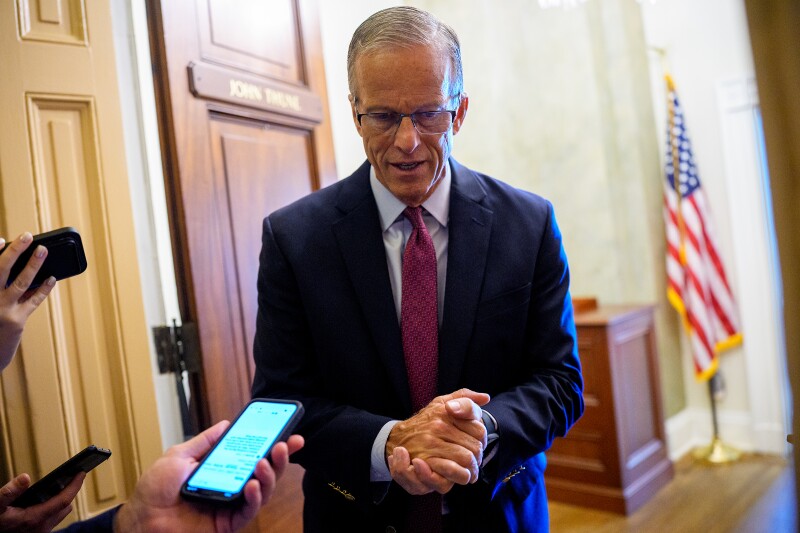As Congress approaches a potential government shutdown, the stakes are high for both parties. The deadline to pass all 12 appropriations bills is fast approaching, and without a deal, essential government services may cease on October 1, 2023. While Republicans have managed to advance a largely party-line funding bill in the House, bipartisan support will be crucial to overcome a filibuster in the Senate.
In a strategic move, Democrats are considering leveraging a shutdown to negotiate policy concessions. They express legitimate concerns, particularly regarding health care and the administration’s handling of appropriated funds. Specifically, enhanced tax credits for health insurance under the Affordable Care Act are set to expire at year-end. This change could increase out-of-pocket costs by as much as 75%, impacting coverage for approximately 4 million people. Extending these subsidies appears to be a reasonable priority for the party.
Additionally, Democrats are raising alarms over what they view as the executive branch’s refusal to utilize appropriated funds. In July, the White House requested a rescission of about $9 billion in foreign aid and media subsidies, an action Congress partially accepted. In August, the administration asserted the right to cut another $4.9 billion without legislative consent. This maneuver has drawn criticism for being anti-democratic and potentially illegal.
Despite the urgency of their objectives, pursuing a government shutdown is unlikely to yield positive results. Historical precedent shows that parties demanding concessions during such standoffs often bear the brunt of public disapproval. The Democrats would be challenging a majority in both chambers of Congress and the presidency while seeking unrelated policy changes. This scenario puts them at a disadvantage.
Moreover, the financial implications of a shutdown are significant. The 16-day shutdown in 2013 resulted in an estimated $6 billion in lost economic output and an additional $2 billion in costs. Services such as air travel, food inspections, and various government benefits could face disruptions. Hundreds of thousands of federal employees may also be furloughed without pay.
Instead of engaging in a fight that may not yield favorable results, Democrats should consider pursuing a stopgap funding bill. This approach would allow them to negotiate more effectively and focus on winning elections. A bipartisan agreement to extend the Obamacare subsidies could be within reach, especially since neither party desires significant premium increases in an election year.
As for the issue of “pocket rescissions,” legal challenges are already underway. The Government Accountability Office has deemed the practice illegal, and several prominent Republicans have distanced themselves from the president’s approach to this matter. Should the White House continue these actions, a bipartisan rejection is likely.
Looking ahead to the November 2024 elections, Democrats have a strong opportunity to regain seats in the House and possibly the Senate. Midterm elections generally favor the opposition party, and with the current president experiencing low approval ratings, Democrats must avoid missteps that could jeopardize their chances. To achieve their policy goals and reassert authority over the executive branch, they should prioritize the ballot box over confrontational tactics.
This analysis reflects the views of the Bloomberg Opinion Editorial Board. Feedback can be directed to [email protected].






































































